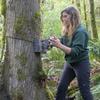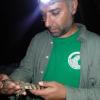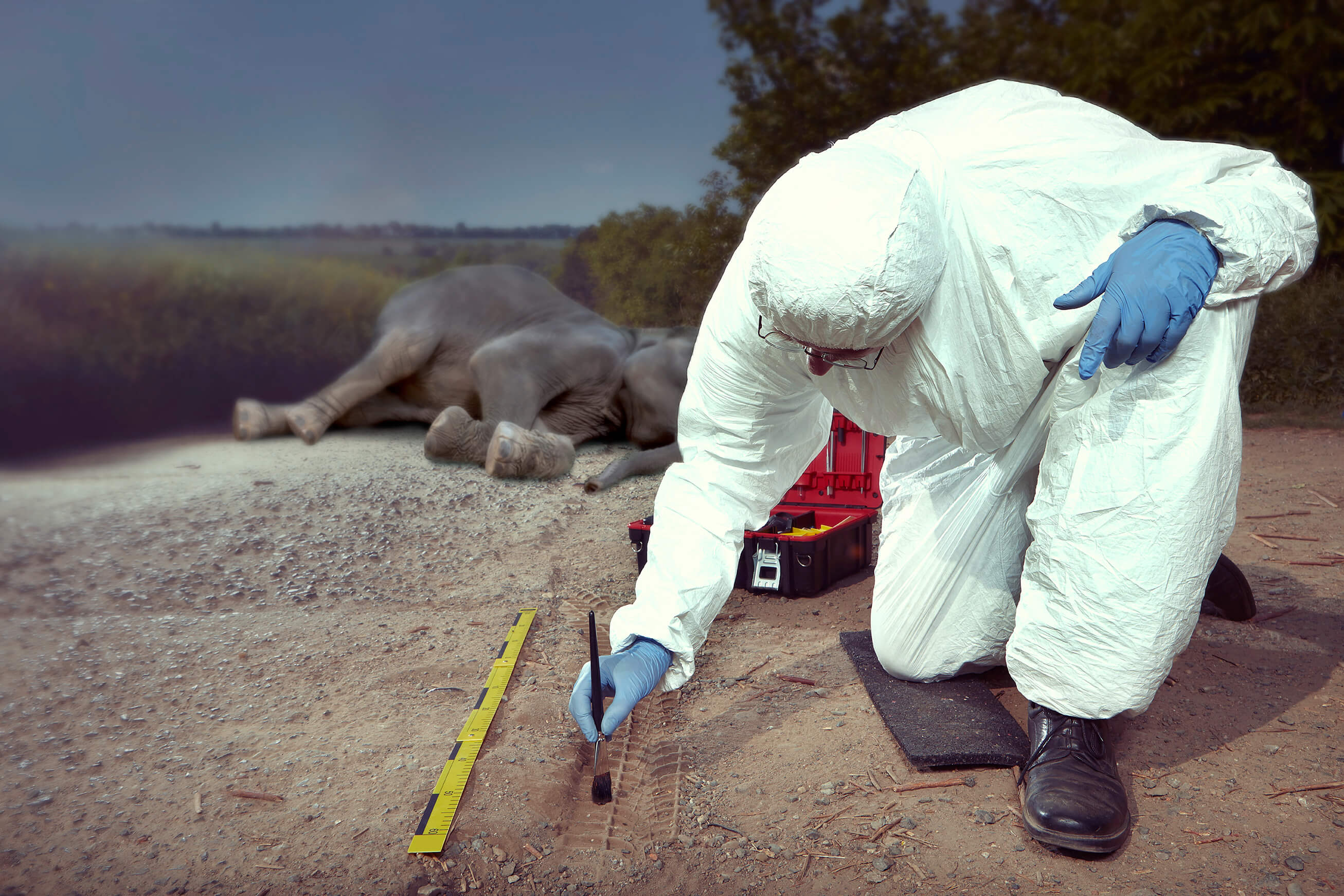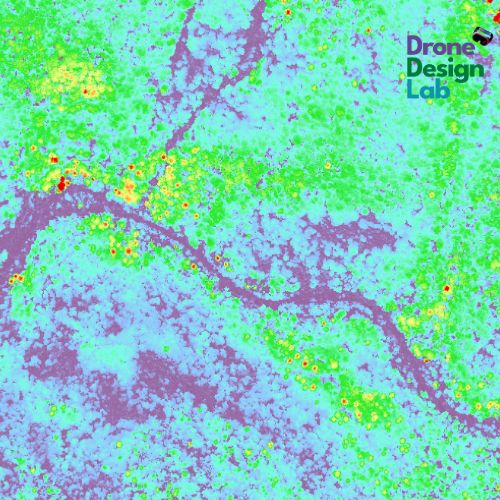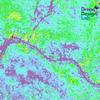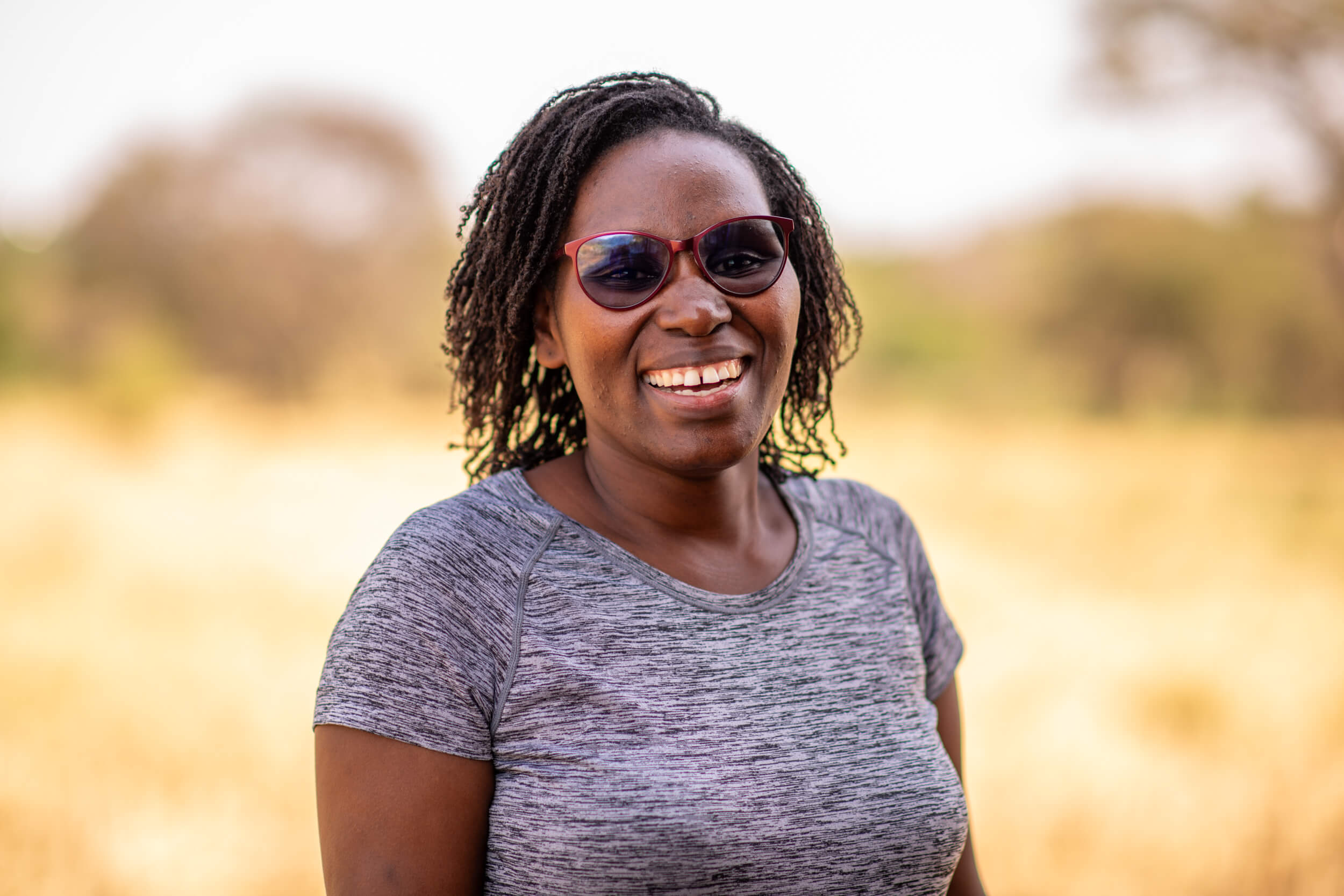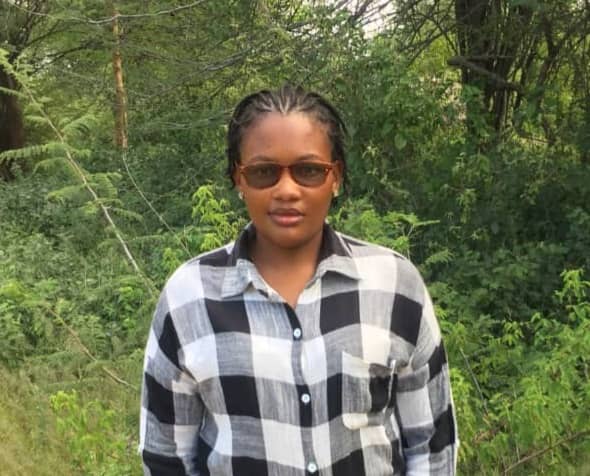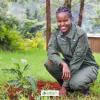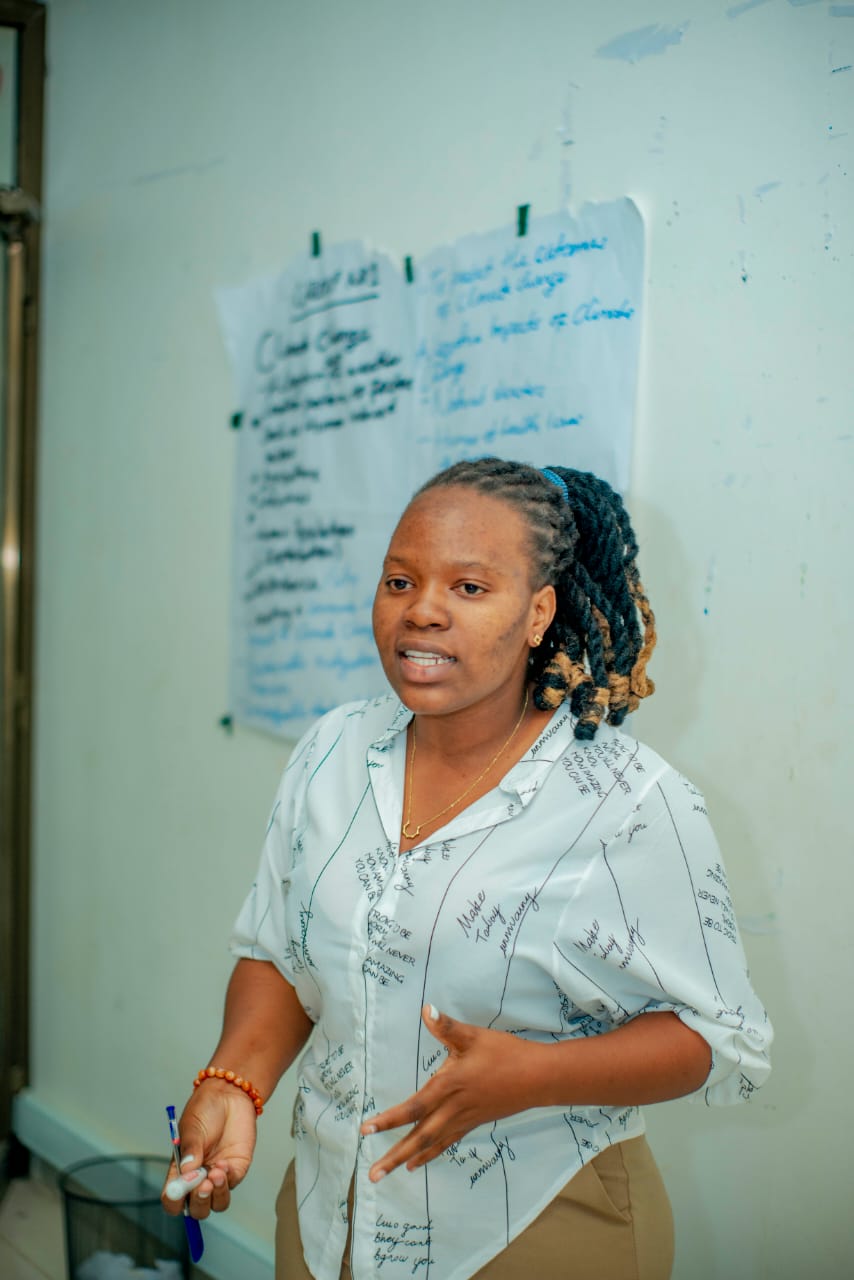Human-wildlife conflict is a shockingly common problem, often with enormous consequences for both individual animals and entire populations.
When human-wildlife conflict comes to mind, you may immediately think of wildlife crime instead - which isn't wrong, since many regions with wildlife crime problems like poaching are also areas where people may frequently deal with human-wildlife conflict, causing the two issues to go hand-in-hand. But human-wildlife conflict is a much broader issue encompassing many ways that human presence and interference can cause problems for us and animals alike. Human-wildlife conflict includes:
- Elephants trampling a farmer's crops, resulting in retaliation
- New real estate developments infringing on ecosystems where predator species live, leading to predators having less territory and less food, which in turn leads to predators attacking domestic animals and livestock
- Freeways dividing the territory of animals like mountain lions, leading to wildlife venturing into neighborhoods or being killed by cars
- Lead bullets used in hunting causing scavengers like condors to die of lead poisoning
These are just a few examples of how humans can negatively impact wildlife, and it's clear to see how many of these scenarios could escalate. Human-wildlife conflict solutions don't just include ways in which we can prevent these issues (for example, through tracking predators, monitoring populations' territories, or building barriers and wildlife crossings monitored by sensors), but also the ways in which we can help people connect with wildlife and care about learning to live alongside them.
If you're interested in solutions that can prevent human-wildlife conflict, join this group and get to know the people who are working to protect and save species around the world!
Header image: Casey Allen on Unsplash
- 0 Resources
- 4 Discussions
- 3 Groups
FoAM
- 0 Resources
- 4 Discussions
- 10 Groups
Woodland Park Zoo
Living Northwest Conservation Manager, Woodland Park Zoo in Seattle, WA, USA
- 0 Resources
- 0 Discussions
- 6 Groups
- 0 Resources
- 0 Discussions
- 12 Groups
- 0 Resources
- 0 Discussions
- 10 Groups
- @gfandos
- | He/him
I am a conservation scientist mix between a field biologist and a data geek, I am an avid R user, who enjoys working with large datasets (both researcher-collected and citizen science) while developing and/or implementing new statistical methods
- 0 Resources
- 0 Discussions
- 3 Groups
G8Way Technologies (Pty) Ltd
Passionate Technology and Wildlife enthusiast
- 0 Resources
- 1 Discussions
- 1 Groups
- 0 Resources
- 7 Discussions
- 2 Groups
- 0 Resources
- 2 Discussions
- 10 Groups
- 0 Resources
- 2 Discussions
- 3 Groups
- 0 Resources
- 2 Discussions
- 10 Groups
- 0 Resources
- 1 Discussions
- 5 Groups
Article
Drones are being explored for a spectrum of applications in conservation that include mapping, biodiversity inventories, antipoaching patrols, wildlife tracking and fire monitoring. However, questions remain about...
8 July 2016
More than half of all primate species are endangered, including our closest living relative, the chimpanzee. Could Passive Acoustic Monitoring (PAM) be applied to primates as well as it has been for other taxa? In this...
29 June 2016
Operating the largest tropical forest camera trap network globally, TEAM Network has accumulated over 2.6 million images. How can large datasets coupled with new techniques for data management and analysis provide...
28 April 2016
Margaret Driciru, Senior Warden & Wildlife Veterinarian with the Uganda Wildlife Authority, showcases how mobile reporting technology is being used in the field to monitor, collect data, and send rapid alerts when...
22 December 2015
Katherine Chou, Product Lead at Google[x] Labs, sees technology as a way to make the impossible, possible. She explores differences in how wildlife NGOs and the tech sector think and plan, and what the conservation ...
22 December 2015
Gary Atkinson, Director of Emerging Technologies at ARM, explains why we should be interested in the Internet of Things. Could it be a game changer for conservation?
10 December 2015
June 2025
event
July 2025
October 2025
event
November 2018
event
32 Products
3 R&D Projects
40 Organisations
Recently updated products
Recently updated R&D Projects
Recently updated organisations
| Description | Activity | Replies | Groups | Updated |
|---|---|---|---|---|
| Oops, sorry about that. I wrote a reply a few weeks ago, and I am pretty sure I clicked the button, but apparently something went wrong. So, another attemptThank you for your... |
|
Community Base, Conservation Tech Training and Education, East Africa Community, Funding and Finance, Human-Wildlife Conflict, Latin America Community | 6 months 2 weeks ago | |
| I did a short presentation on our work with the polar bear alarm in the Wildlabs Variety Hour October 30th.It can be found here : https://www.youtube.com/watch?v=zr2Q8bUJZ8U... |
|
Human-Wildlife Conflict, AI for Conservation | 7 months ago | |
| Thanks, we know they are breeding these animals here, I asked, since it's seems to be an expensive hobby, we need to allocate more funding for rural women in entrepreneurship and... |
|
Acoustics, Animal Movement, Citizen Science, Human-Wildlife Conflict, Protected Area Management Tools, Wildlife Crime | 7 months 1 week ago | |
| 180m is indeed very high and from above. I think a 640x512 thermal sensor with a 70mm lens can see animals at at 180m from sideways and could recognise something as a deer, but... |
+11
|
Drones, Human-Wildlife Conflict | 7 months 1 week ago | |
| I would love to see my bat detector designs in use in Africa - drop me a line, let's see if we can get something to happen - I'm pipistrelledetector at gmail dot comhttp://www.... |
|
Citizen Science, Acoustics, Conservation Tech Training and Education, Human-Wildlife Conflict | 7 months 3 weeks ago | |
| Odor based methods would be interesting. Provided they didn't need to be replenished too often.We find varied stimulus prevents habituation. |
+6
|
AI for Conservation, Conservation Tech Training and Education, Emerging Tech, Human-Wildlife Conflict | 7 months 4 weeks ago | |
| Dear Alex Rood,Thank you so much for the advice. I’ll make sure to regularly check the career openings on resources page. I appreciate your support. |
|
East Africa Community, Community Base, Early Career, Human-Wildlife Conflict | 8 months 2 weeks ago | |
| Thank you so much! Now everything is in the hands of amazing organizations and companies! But the first results of the Disaster Management cohort are bringing a very optimistic... |
|
AI for Conservation, Climate Change, Early Career, East Africa Community, eDNA & Genomics, Emerging Tech, Ending Wildlife Trafficking Online, Human-Wildlife Conflict, Open Source Solutions | 9 months 3 weeks ago | |
| @cmwainaina please take a look |
|
Animal Movement, AI for Conservation, Camera Traps, Connectivity, Data management and processing tools, East Africa Community, Emerging Tech, Ethics of Conservation Tech, Human-Wildlife Conflict, Marine Conservation, Protected Area Management Tools, Geospatial, Sensors, Software Development | 10 months ago | |
| Hi @nyangetamagesa , i'm so grateful for our input. |
|
Human-Wildlife Conflict, Data management and processing tools, East Africa Community, Women in Conservation Tech Programme (WiCT) | 10 months ago | |
| Thank you so much Adventina for sharing this wonderfully knowledge with me. |
|
Human-Wildlife Conflict | 10 months 1 week ago | |
| I will start by asking: What will the future of conservation be if all the incentives do not hit the jackpot????In recent years, we have... |
|
Conservation Tech Training and Education, East Africa Community, Human-Wildlife Conflict | 10 months 1 week ago |



